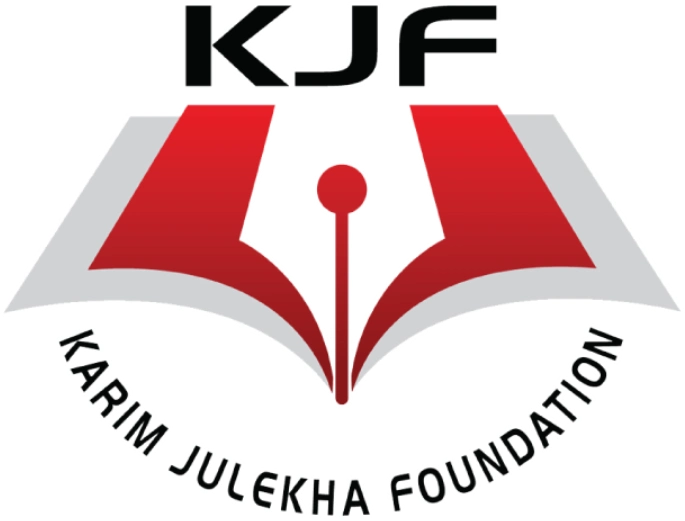Workshop
Empowering Through Engagement: Unleashing the Potential of Workshops
Workshops are dynamic and interactive learning experiences designed to facilitate skill development, knowledge sharing, and collaboration among participants. Whether focused on professional development, personal growth, or team building, workshops provide a platform for individuals to engage, learn, and grow together. Let’s delve into the essence of workshops and how they can empower participants.
1. Defining Workshops
Workshops are structured sessions that typically involve a group of participants coming together to explore a specific topic, address a particular challenge, or develop a set of skills. Unlike traditional lectures or presentations, workshops emphasize active participation, hands-on activities, and group discussions to foster learning and engagement.
2. Objectives of Workshops
The objectives of workshops vary depending on their focus and purpose. Some common objectives include:
- Skill development: Workshops provide participants with opportunities to learn and practice new skills, whether technical skills relevant to their profession or soft skills such as communication, leadership, and problem-solving.
- Knowledge sharing: Workshops facilitate the exchange of ideas, information, and best practices among participants, enabling them to learn from each other’s experiences and perspectives.
- Team building: Workshops promote teamwork, collaboration, and trust among participants, helping to strengthen relationships and foster a sense of camaraderie within the group.
- Problem-solving: Workshops often focus on addressing specific challenges or opportunities, guiding participants through structured exercises and discussions to generate solutions and strategies.
- Personal growth: Workshops may incorporate elements of personal development, such as self-reflection, goal setting, and mindset shifts, to empower participants to reach their full potential.
3. Components of Workshops
Effective workshops typically include the following components:
- Introduction: Setting the stage for the workshop by introducing the topic, objectives, and agenda, and establishing expectations for participants.
- Interactive activities: Engaging participants in hands-on exercises, group discussions, role-playing, case studies, or simulations to reinforce learning and encourage active participation.
- Facilitated discussions: Guiding participants through meaningful discussions and reflections, encouraging them to share their thoughts, insights, and experiences related to the topic.
- Practical application: Providing opportunities for participants to apply their learning in real-world scenarios, receive feedback, and identify actionable steps for implementation.
- Closure: Summarizing key takeaways, reinforcing learning outcomes, and providing resources for further exploration and development.
4. Types of Workshops
Workshops come in various formats and can be tailored to meet different needs and preferences. Some common types of workshops include:
- Skill-building workshops: Focused on developing specific skills or competencies, such as project management, public speaking, or digital marketing.
- Team-building workshops: Designed to strengthen teamwork, communication, and collaboration among team members, often through experiential activities and group challenges.
- Leadership workshops: Geared toward developing leadership capabilities, including strategic thinking, decision-making, conflict resolution, and emotional intelligence.
- Creative workshops: Aimed at fostering creativity, innovation, and problem-solving skills through exercises such as brainstorming, design thinking, and improvisation.
- Wellness workshops: Centered around promoting physical, mental, and emotional well-being, covering topics such as stress management, mindfulness, nutrition, and work-life balance.
5. Benefits of Workshops
Participating in workshops offers numerous benefits for individuals and organizations alike, including:
- Enhanced learning: Workshops provide hands-on learning experiences that engage participants and facilitate deeper understanding and retention of information.
- Skill development: Workshops offer opportunities for participants to develop new skills, gain practical knowledge, and build confidence in their abilities.
- Networking: Workshops bring together individuals with diverse backgrounds and expertise, creating opportunities for networking, collaboration, and knowledge sharing.
- Team cohesion: Workshops promote teamwork, trust, and communication among participants, leading to stronger relationships and improved collaboration within teams.
- Personal growth: Workshops encourage self-reflection, goal setting, and continuous learning, empowering participants to grow personally and professionally.
6. Tips for Facilitating Effective Workshops
To ensure the success of workshops, facilitators can consider the following tips:
- Know your audience: Tailor the workshop content and activities to the needs, interests, and skill levels of the participants.
- Create a supportive environment: Foster an inclusive and respectful atmosphere where participants feel comfortable sharing their thoughts, ideas, and perspectives.
- Keep it interactive: Incorporate a variety of interactive activities and discussion formats to keep participants engaged and actively involved throughout the workshop.
- Provide opportunities for reflection: Build in time for participants to reflect on their learning, share insights with others, and identify actionable takeaways.
- Follow up: After the workshop, provide resources, support, and opportunities for continued learning and implementation of new skills and knowledge.
In conclusion, workshops are powerful learning experiences that empower individuals to develop skills, share knowledge, build relationships, and grow personally and professionally. By fostering engagement, collaboration, and active participation, workshops have the potential to unleash the collective potential of participants and drive positive change in organizations and communities.

